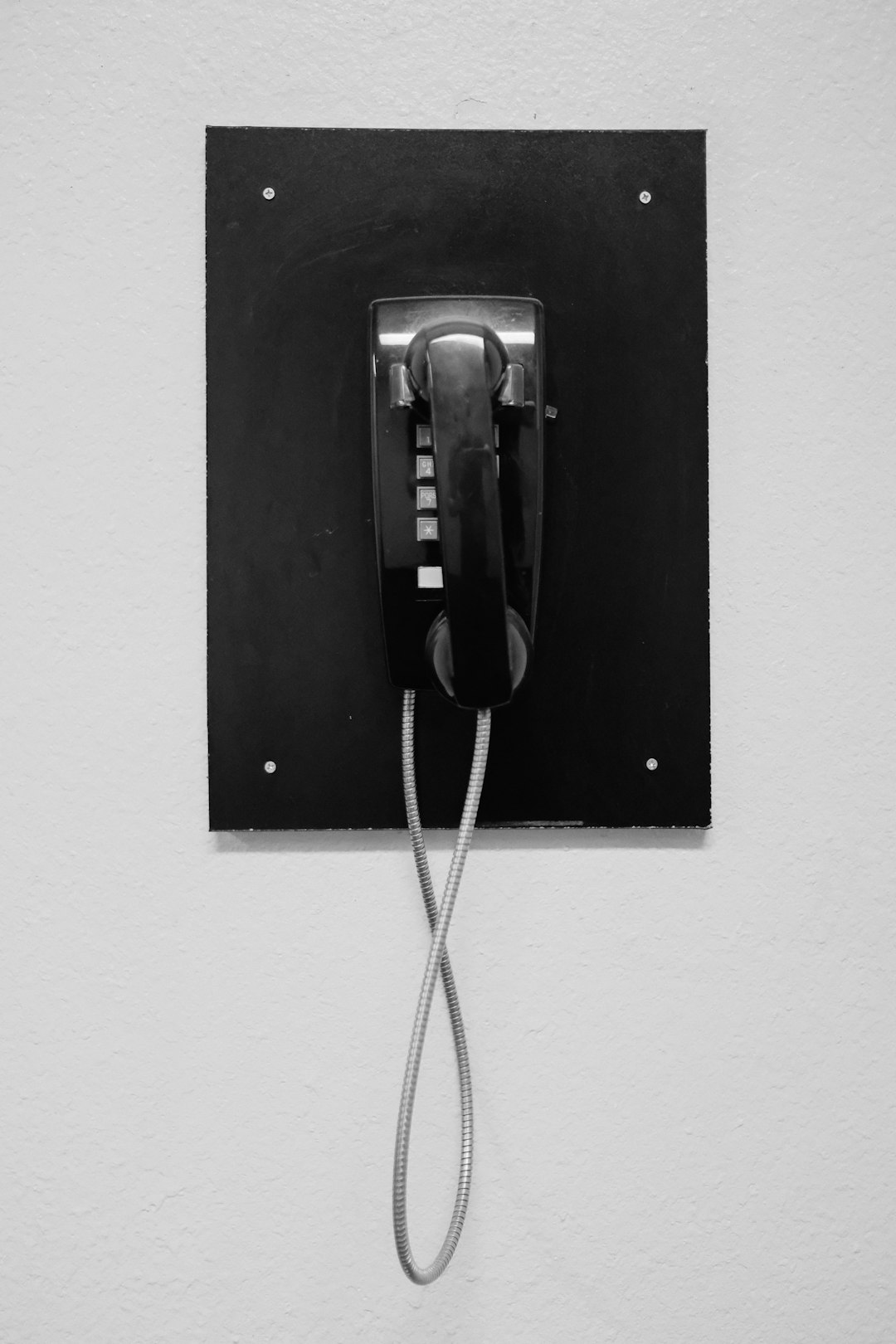North Carolina residents are protected from unwanted robocalls and spam texts by state and federal laws, primarily through the Telephone Consumer Protection Act (TCPA). They can combat these intrusions by reporting problematic calls to the North Carolina Department of Justice (DOJ) or consumer protection divisions. Reporting involves providing accurate details, including contact info, for further investigation. The process includes blocking and reporting calls via smartphone tools, contacting mobile service providers, filing FTC complaints, and notifying the NCUC. By maintaining vigilance, avoiding unverified calls, using call blocking apps, and enrolling in Do Not Call registries, residents can significantly reduce unsolicited communication under North Carolina's robocall laws.
Tired of intrusive robocalls and spam texts? You’re not alone. In North Carolina, understanding and reporting these nuisance calls is crucial under current robocall laws. This guide equips North Carolinians with the knowledge to identify and report unwanted communication, offering a comprehensive overview of the regulation process and practical steps to protect against common scams. By following our step-by-step guide, you can help curb automated fraud and reclaim your peace of mind.
Understanding Robocalls and Spam Texts in North Carolina: An Overview of Current Laws
In North Carolina, robocalls and spam texts are regulated by state and federal laws aimed at protecting residents from unsolicited and deceptive communication. The Telephone Consumer Protection Act (TCPA) is a pivotal federal legislation that restricts how businesses and organizations can contact consumers via telephone, including automated calls and text messages. At the state level, North Carolina has its own set of robocall laws designed to enhance consumer rights and ensure transparency in telemarketing practices.
These laws empower residents to report problematic robocalls and spam texts by providing channels for complaint and potential legal recourse. By understanding their rights and the existing regulations, North Carolinians can take proactive measures against unwanted communication. This includes registering their phone numbers on the National Do Not Call Registry, a step that significantly reduces the volume of automated calls they receive. Additionally, reporting suspected violators to relevant authorities is crucial in combating robocalls and spam texts, thereby fostering a more secure and peaceful communication environment.
Who Regulates and How to Report Robocalls and Spam Texts in NC
In North Carolina, the regulation and reporting of robocalls and spam texts are overseen by the North Carolina Department of Justice (DOJ). The state has specific laws in place to combat automated telephone marketing and unsolicited text messages. If you’ve received a robocall or spam text, you have the right to take action and report it.
To report these unwanted calls, visit the DOJ’s website or contact their consumer protection division directly. They provide an easy reporting process where you can submit details about the call or message, including the sender’s information and any relevant evidence. By reporting robocalls and spam texts, you not only help protect yourself but also contribute to a larger effort to hold violators accountable under North Carolina’s robocall laws.
What Information Do You Need to Provide When Reporting?
When reporting robocalls or spam texts in North Carolina, it’s crucial to have accurate and complete information. Provide details such as the date and time of the call or text, the phone number from which it originated (if visible), and a brief description of the content. Note if the message includes any interactive elements like pressing a number to stop calls or replying with “STOP” to opt-out. Additionally, record any unique characteristics or patterns that can help identify the source, such as language used or the frequency of similar calls from the same number.
Remember to include your contact information if you’re willing to be reached for further investigation. This enables authorities to verify your report and take appropriate action under North Carolina’s robocall laws, which aim to protect residents from nuisance calls and spam texts.
The Process of Reporting: Step-by-Step Guide for North Carolinians
In North Carolina, reporting robocalls and spam texts is a straightforward process designed to protect residents from unwanted and fraudulent communications. Here’s a step-by-step guide on how to report these nuisance calls:
1. Identify the Call or Text: The first step is to recognize that you’ve received a robocall or spam text. These messages often include prerecorded calls, automated texts, or unknown numbers making unsolicited offers or requests.
2. Use Built-in Tools: Most smartphones have built-in call blocking and reporting features. Go to your phone settings, locate the “Block” or “Report Spam” option, and follow the prompts. This can automatically block the caller and report the message to relevant authorities.
3. Contact Your Service Provider: Reach out to your mobile service provider and inform them about the robocall or spam text. They may have additional tools and resources to help track and stop these calls, including special numbers to block or report them.
4. File a Complaint with Federal Trade Commission (FTC): The FTC maintains a Do Not Call Registry for voice calls and a Do Not Text Registry for texts. Visit their website, file a complaint, and provide as much detail as possible about the call or text, including the date, time, and content of the message.
5. Report to North Carolina Utilities Commission (NCUC): The NCUC has authority over telecom service providers in the state and can take action against companies that violate robocall laws. You can file a complaint directly through their website or by contacting their consumer affairs division.
Common Scams and Tips to Protect Yourself from Unwanted Calls and Messages
In today’s digital era, unwanted robocalls and spam texts have become a prevalent issue, with scammers targeting North Carolina residents just as much as anyone else. Common scams include phishing attempts, where fraudsters pose as legitimate organizations to steal personal information, and investment schemes promising quick profits but delivering none. These calls often violate the North Carolina Robocall Laws, which aim to protect citizens from intrusive and deceptive practices.
To protect yourself, it’s crucial to remain vigilant. Never provide sensitive data over the phone unless you initiated the call and are certain of the recipient’s identity. Be wary of unexpected messages or calls requesting immediate action. Consider using call blocking apps or features on your device to filter out suspicious numbers. Regularly review privacy settings on your communication platforms, and sign up for Do Not Call registries specific to North Carolina to reduce the volume of unsolicited calls you receive.






